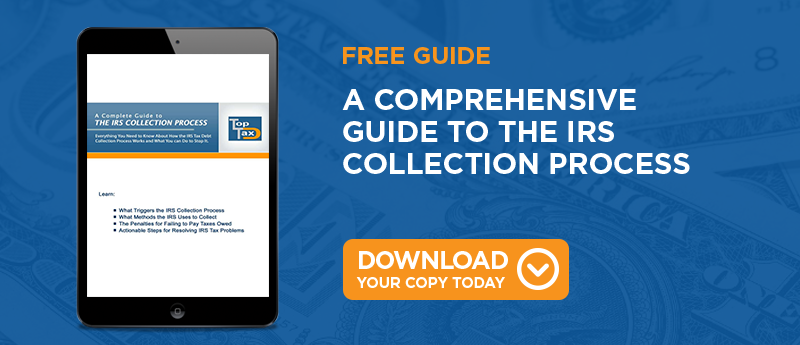
The IRS provides five different tax statuses for individuals to choose from when preparing their income tax returns. The key to choosing the best tax filing status for you is learning about the rules and regulations that apply to each status. Here are eight tips for picking your tax filing status.

1. Marital Status - The IRS uses your marital status on the last day of the tax year to determine your status for the entire year. For example, if you get married on December 31, the agency will consider you to have been married for the whole year.
2. Biggest Tax Benefit - If you qualify for more than one filing status, it's always best to choose the status that gives you the biggest tax advantage. As an example, couples who qualify to file joint returns or separate returns may find that it's best for them to file together.
3. Who Qualifies as Single - According to the IRS, those that are unmarried, separated, or divorced qualify to file using the "Single" status.
4. Joint Returns - Couples who choose to file jointly can use the "Married Filing Jointly" status on their returns. Generally, those that claim that status pay significantly less tax than those than file separately. Joint filing couples also qualify for additional tax breaks, credits, and deductions that those who file separately do not.
5. Recently Widowed Taxpayers - If you lose a spouse during the tax year, the IRS gives you the option to file a joint return with your deceased spouse for the year of his or her death. This provision does not apply to those who remarry during that same year.
6. Separate Returns - If a couple elects not to file a joint tax return, each individual must use the "Married Filing Separately" status on his or her forms.
7. Head of Household - The "Head of Household" status is reserved for those who are unmarried and have a dependent child under the age of 17. If you're eligible to claim this status, you'll receive a larger standard deduction than if you simply claimed your dependent and used the "Single" filing status.
8. Qualifying Widow or Widower - For two years after the year in which a spouse dies, widows and widowers can use the "Qualifying Widow/er" status to receive a larger standard deduction than they would receive by claiming "Single".
Navigating the IRS tax code can be overwhelming initially. By taking advantage of these eight tips for picking your tax filing status and talking with a tax help professional about any questions can help you become familiar with the options you have right away.
7. Head of Household - The "Head of Household" status is reserved for those who are unmarried and have a dependent child under the age of 17. If you're eligible to claim this status, you'll receive a larger standard deduction than if you simply claimed your dependent and used the "Single" filing status.
8. Qualifying Widow or Widower - For two years after the year in which a spouse dies, widows and widowers can use the "Qualifying Widow/er" status to receive a larger standard deduction than they would receive by claiming "Single".
Navigating the IRS tax code can be overwhelming initially. By taking advantage of these eight tips for picking your tax filing status and talking with a tax help professional about any questions can help you become familiar with the options you have right away.



